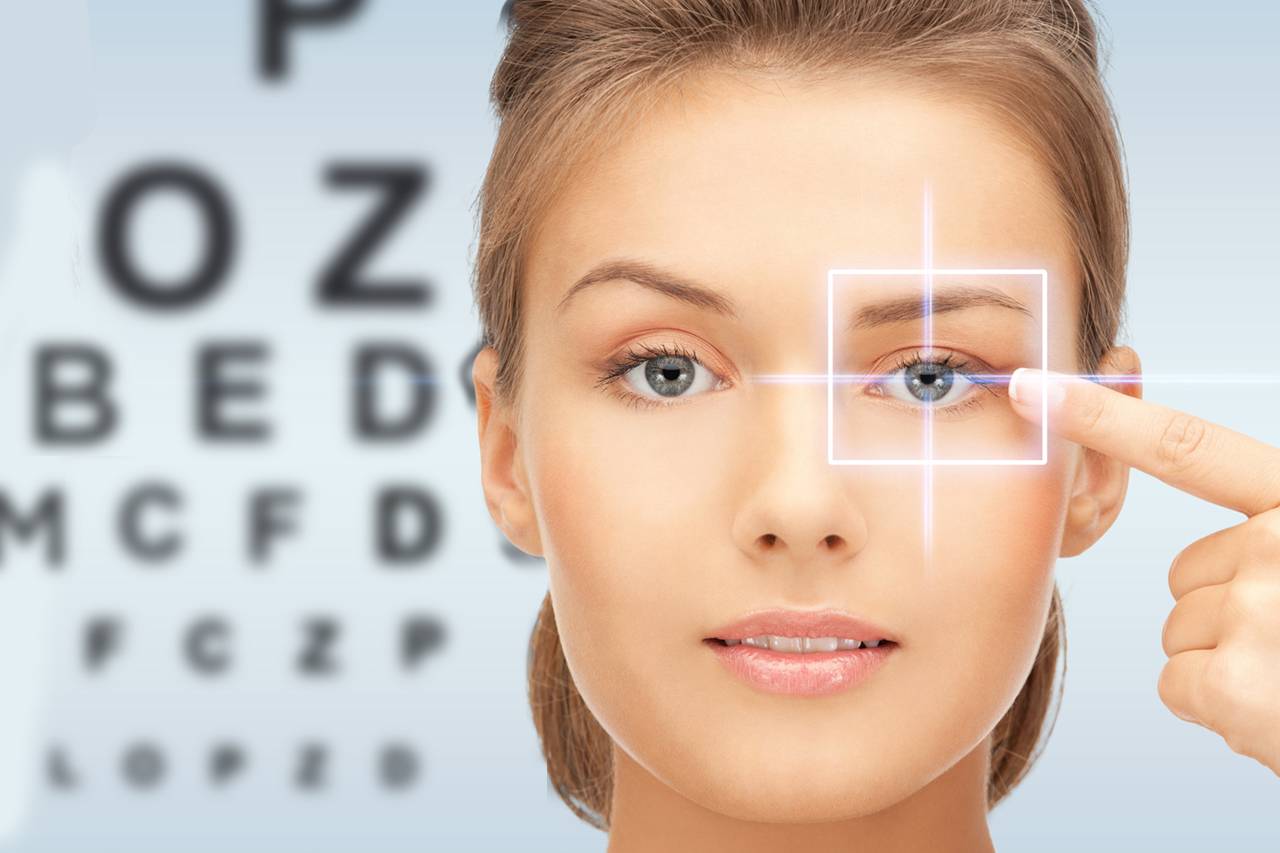Pediatrics in Andalusia: Compassionate Look After Expanding Family Members
Pediatrics in Andalusia: Compassionate Look After Expanding Family Members
Blog Article
Is Refractive Surgical Treatment Right for You? Elements to Consider for Better Eyecare
In the realm of eye treatment, the choice to undertake refractive surgical procedure is a weighty one that demands thoughtful consideration. From the intricacies of one's ocular health to the intricacies of individual assumptions and everyday practices, each aspect holds significance in the broader landscape of refractive surgical treatment candidacy.
Eye Health And Wellness Evaluation
When taking into consideration refractive surgery, a detailed eye wellness examination is critical to analyze the viability of the procedure for each person. cardiologist andalusia. This assessment includes a series of tests and exams performed by an eye treatment professional to establish the general health of the eyes, the visibility of any type of hidden problems, and the stability of the refractive mistake
During the analysis, various variables are taken into consideration, such as the patient's case history, existing eye prescription, corneal thickness, student size, and tear movie quality. These analyses help to recognize any contraindications to refractive surgical procedure, such as corneal irregularities, cataracts, or neglected eye infections. In addition, the evaluation aids to manage individual expectations relating to the potential results of the surgical treatment based upon their unique eye attributes.
Ultimately, the eye health and wellness analysis is essential in guaranteeing the safety and security and performance of refractive surgical procedure, as it provides important insights into the individual's eye health and wellness standing and aids establish one of the most suitable treatment options for achieving optimal visual outcomes. (eye center andalusia)
Way Of Living Analysis
An extensive lifestyle evaluation is integral in establishing the suitability of refractive surgical procedure for an individual's aesthetic adjustment demands. Lifestyle aspects such as occupation, pastimes, and daily activities play a vital role in the decision-making procedure regarding refractive surgical treatment.
In addition, way of living behaviors such as sporting activities participation, exterior tasks, or even skincare routines can influence the healing process and overall success of refractive surgical procedure. By carrying out a thorough way of life evaluation, eye care professionals can customize their referrals and treatment plans to fulfill the one-of-a-kind requirements of each client, ultimately leading to improved aesthetic results and complete satisfaction.
Expectation Placement
Establishing practical assumptions includes comprehensive pre-operative discussions in between the ophthalmologist and the person. The specialist ought to transparently communicate the possible dangers, benefits, and constraints of the procedure (andalusia pediatrics). Patients require to comprehend that while many people accomplish 20/20 vision or better complying with refractive surgery, some might still require glasses for particular activities like reading or driving at night. Managing these expectations aids stop frustration and frustration post-surgery, resulting in a more positive total experience for the client.
Risk Analysis

Elements that might enhance the threat of issues consist of age, certain clinical problems like autoimmune diseases, unsteady vision prescription, slim corneas, and unrealistic individual assumptions. Additionally, selecting a seasoned and competent specialist, adhering to pre and post-operative care directions faithfully, and disclosing any appropriate clinical background can aid mitigate dangers.
To lessen the chance of complications, ophthalmologists carry out thorough pre-operative evaluations to determine any type of contraindications find this to surgical procedure. They additionally discuss the potential risks and benefits with clients during the examination procedure. By involving in open interaction and shared decision-making, both the person and the eye doctor can function with each other to establish if refractive surgery is the right selection based upon specific threat accounts and wanted end results.
Examination Value
Taking into consideration the essential duty of notified decision-making in examining dangers and prospective problems in refractive surgery, the consultation procedure holds substantial value in assisting clients towards optimum end results. During the assessment, the eye doctor reviews the individual's eye health view publisher site and wellness, refractive errors, and total viability for surgery. This initial analysis is important in identifying the most appropriate procedure for each and every person, considering aspects such as corneal density, student size, and existing eye conditions.
In addition, the consultation functions as a chance for patients to review their expectations, worries, and any concerns they may have relating to the surgical procedure. Clear communication between the patient and the cosmetic surgeon is important to make certain sensible assumptions and a comprehensive understanding of the potential risks and benefits entailed.
Additionally, the appointment allows the specialist to explain the different medical options offered, their corresponding outcomes, and the post-operative care called for. This comprehensive discussion encourages patients to make knowledgeable choices concerning their eye care, resulting in far better satisfaction and results post-surgery.
Final Thought
Finally, individuals thinking about refractive surgical treatment needs to undergo an extensive eye health and wellness analysis, analyze their lifestyle practices, align their expectations with prospective results, assess the affiliated risks, and prioritize assessments recommended you read with eye care experts. These elements play an important role in identifying the suitability of refractive surgery for each individual, ensuring optimal outcomes and satisfaction with the procedure.
Patients considering refractive surgery often have high assumptions pertaining to the end results, anticipating ideal vision without the need for glasses or contact lenses. While refractive surgery can substantially boost vision and minimize reliance on visual help, it is vital for individuals to comprehend that results might vary based on individual factors such as the level of refractive error, corneal thickness, and total eye health and wellness.
By engaging in open interaction and shared decision-making, both the eye doctor and the individual can work with each other to figure out if refractive surgical treatment is the right selection based on private threat accounts and desired end results.
Thinking about the crucial duty of notified decision-making in assessing dangers and potential complications in refractive surgery, the examination process holds substantial significance in guiding people towards optimum outcomes. Throughout the assessment, the eye doctor assesses the patient's eye health, refractive mistakes, and total viability for surgical treatment.
Report this page